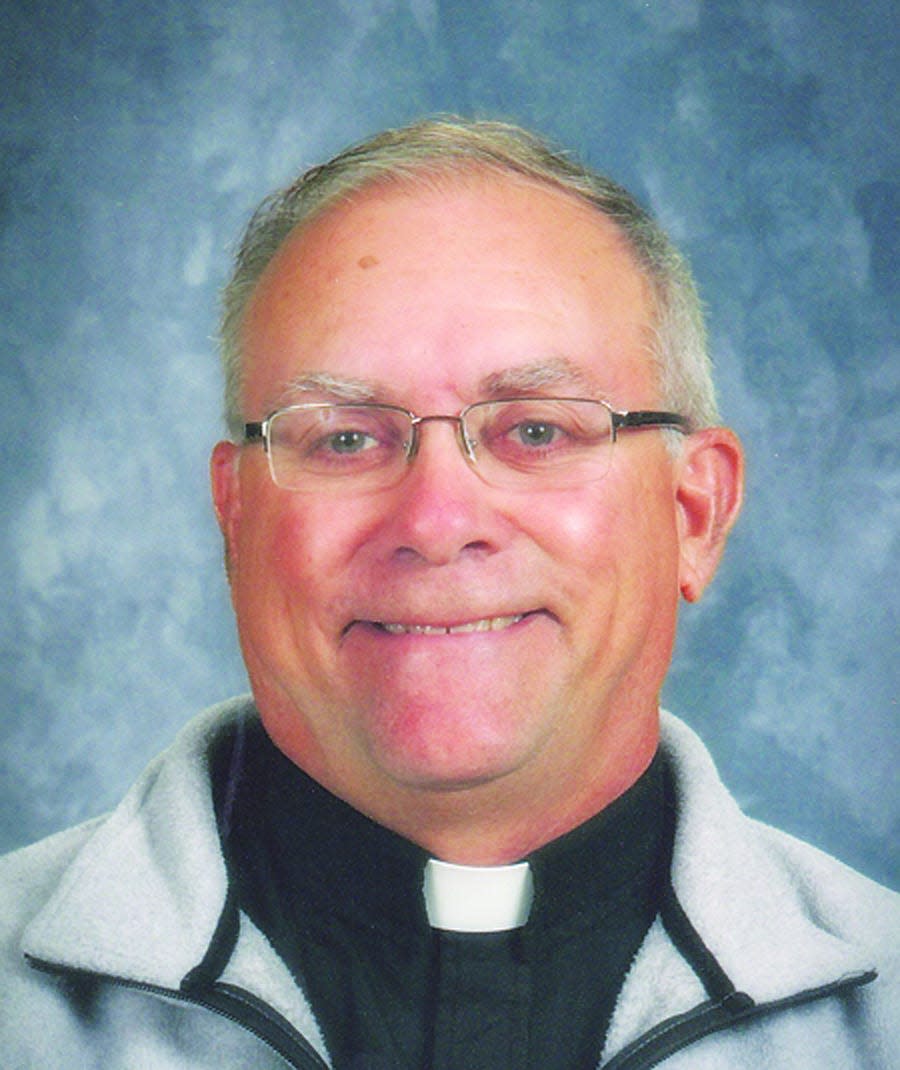Pastoral Perspective: God might be easy, but 'How do I love my neighbor?'

Recently, I have been traveling on a short getaway with my brother and another friend. It came at a perfect time because I was dealing with some pastor-type issues which not only pastors deal with, but even laypeople. Dealing with the public can be challenging when we hear our Lord stated the two great commandments; “Love God with your whole heart mind and soul, the second being, love thy neighbor as you would love thyself.”
In dealing with these two key commandments, loving God is probably a “no brainer” unless you have had some unexpected losses of loved ones or unexpected illnesses occur that might cause you to doubt or not love God. These situations may be infrequent.
What about, though, “Loving my neighbor?” That is a day-in, day-out cross-bearing activity! Even in the short time that I was with my brother, who I love dearly, we still had some negative interactions while on the trip, which influenced my writing this article today. What does it take to love “my neighbor”?
I got a great visual picture of what it takes to love someone. As I was traveling in Kentucky, I visited the Abbey of Gethsemani, a group of Trappist monks of the Cistercian order, which is in Trappist, Ky.
Think about it, men living together 24 hours a day 365 days out of the year for the remainder of their lives. How do you love that neighbor for your entire life? It is not like you are all related with biological family ties.
As we know even within families, we know that living within families can be difficult. Same scenario, married couples for many years, how do they keep loving the same person for so many years?
Believe it or not, there is a simple answer which I observed when I was down in Kentucky. The beauty of watching and praying together with these Trappist monks was really the answer to living the two great commandments. Through the Grace given by God, in praying and singing the Divine Office, I think these monks have been given the Grace of Understanding, Wisdom, and other Gifts of the Holy Spirit to lovingly exist together.
Let’s face it, no one is perfect in every way. We all have our imperfections. The challenge is to love them even with their foibles! As Jesus said on the cross, “Forgive them Lord for they do not know what they are doing!”
My brothers and sisters in Christ, the Divine Office (Liturgy of the Hours is the informative name) is not just for priests, sisters or monks! Lay people can also pray the Divine Office as a part of your daily routine to help you gain Grace to “Love your neighbor.”
It is just not a “Catholic thing.” It is scripture and the Catholic church setting up a prayerful experience for any people interested in growing in holiness. God’s Grace through prayer is a tremendous way to “Love God with your whole heart mind and soul, the second being, Love thy neighbor as you would love thyself.”
Prayer reinforces the understanding that single people, married couples and religious can learn to truly, “Love thy neighbor as you would love thyself.”There are other possible perks, remember “the couple that prays together stays together.”
Loving our neighbor is not always an easy task, but Jesus did it. He also has given us the tools to follow His example. Let’s all begin the new liturgical year, which is Advent, to try to improve our prayer lives to love even if it may be difficult.
If you are interested on learning about the Divine Office, you can easily find it on your computer under Divine Office or Liturgy of the Hours, or contact me at St. Mary’s Catholic Church in Pontiac. Through prayer, may God guide you and help you “Love your Neighbor!”
Father David Sabel pastors for the Catholic Diocese of Peoria at Sts. Peter and Paul in Chatsworth, St. Joseph in Chenoa, St. Joseph in Flanagan and St. Mary in Lexington
This article originally appeared on Pontiac Daily Leader: Pastoral Perspective column by Father David Sabel

